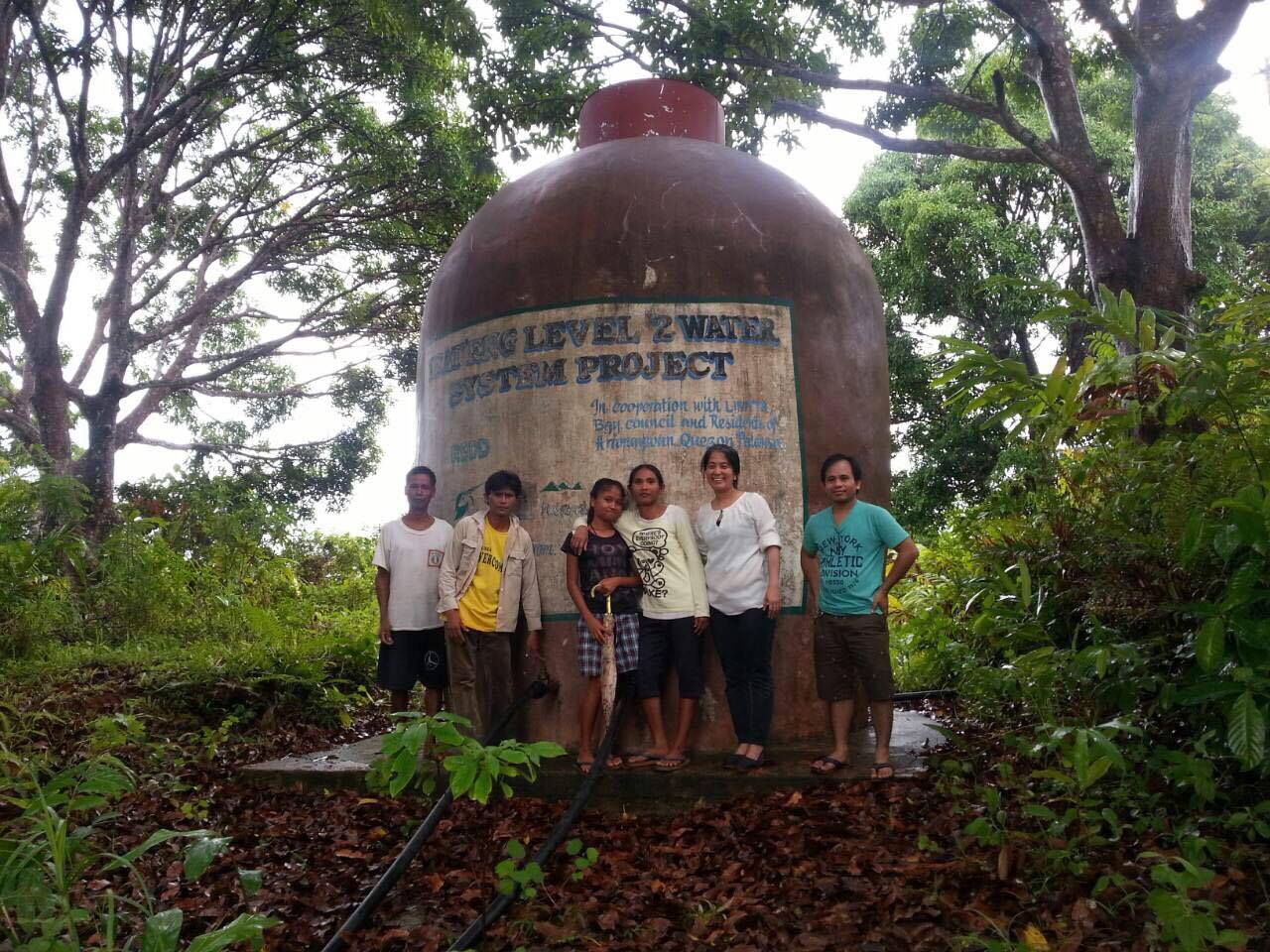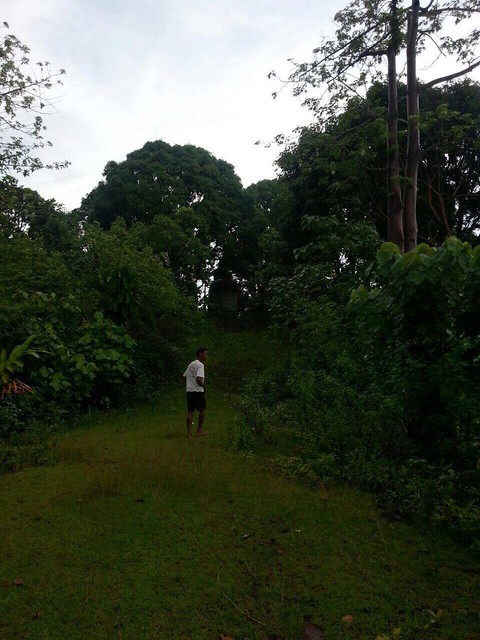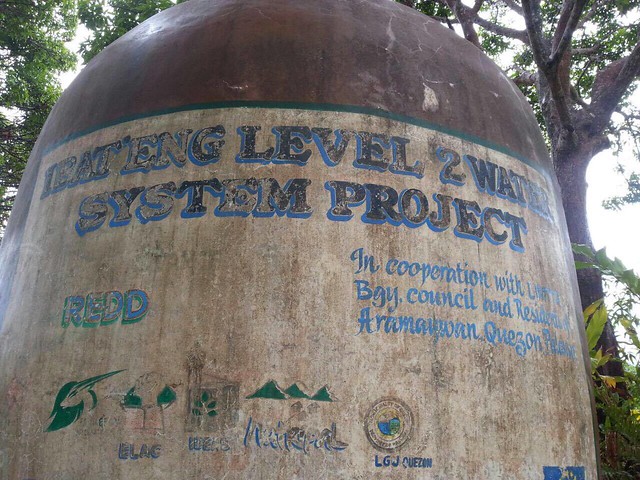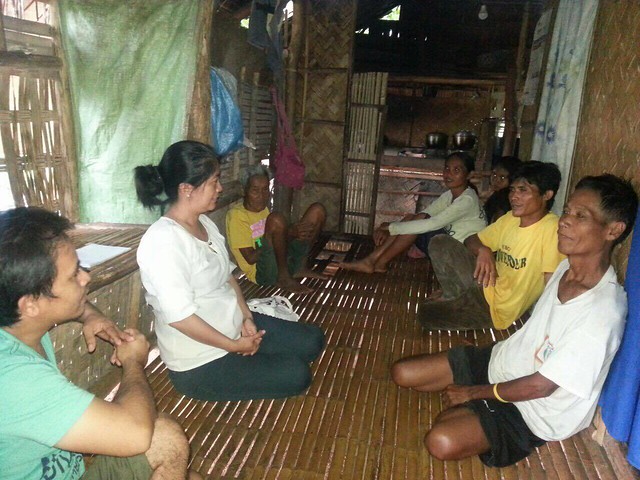PALAWAN, Philippines – Clean water is one of Earth’s most valuable resource. The role of forests is vital in keeping up with the demand for clean water. However in many cases, the gargantuan task of keeping the forest in shape entails dedication and openness from all concerned stakeholders. For the locals of Sitio Suring, Quezon, Palawan, every drop of clean water in their household is a reminder of their hopes and dreams for an integrated forest management in REDD+.
Globally, the interest in REDD+ as a potential preamble to effectively put in place an integrated forest management program is growing. In the Philippines however, the road to the implementation of REDD+ has not been unmet with various political, financial, and technical roadblocks. As an example, in the case of one barangay in Quezon, Palawan, where the local government favored an extractive project such as mining instead of participating in REDD+ because payments from REDD+ are deemed insufficient to cover for the locality’s financial needs and costs.
However, a number of the pioneer steps taken in REDD+ in the Philippines have proven to emphasize its potential success in the country. In Femy’s recent trip to Palawan, she paid a visit to Quezon Palawan to touch base with the local community of Sitio Suring, Quezon, Palawan. She was greeted with anecdotes stitching through the thorough history of how the water system which provides for 150 households came to be.
The proud officers of the local indigenous peoples’ organization Nagkakaisang Tribu ng Palawan sa Sawangan (NTPS), proudly show off their water system still functioning after it was first commissioned four years ago. The socio-economic and livelihood cases such as the water system in Sitio Suring reinforces the sustainability of REDD+ through the inclusion of cobenefits from an improved forest management system through REDD+.
To date, the system provides for over 1,000 people in Sitio Suring of Aramaywan, Quezon, Palawan, and was a sub-project under the Advancing Development of Victoria-Anepahan Communities and Ecosystems through REDD (ADVANCE REDD) in 2012. The said project was jointly managed by NTFP-EP Philippines together with other regional and local partners, and was implemented through the Institute for the Development of Educational and Ecological Alternatives (IDEAS). Through the concerted efforts of the local community, civil society partners, and the Municipal Government of Quezon, Palawan,
As of now, the local organization, NTPS is awaiting the approval of their Certificate of Ancestral Domain Title for the area enjoined with the Pala’wan community of the neighboring barangay, Isugod, Queozn. The case Sitio Suring in Aramaywan, Quezon, Palawan is one of the many pioneering projects that can guide future REDD+ initiatives and actions in the Philippines – a case which promptly displays the value and importance of collaboration among partners and stakeholders to keep things, no pun intended, flowing for good.







